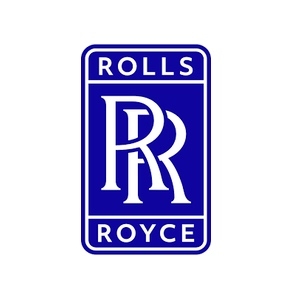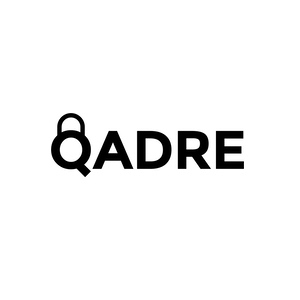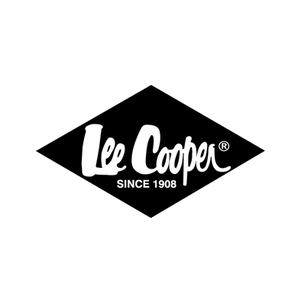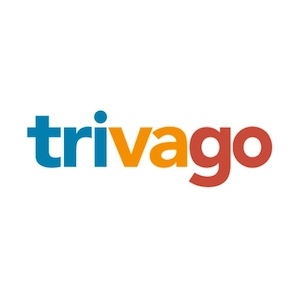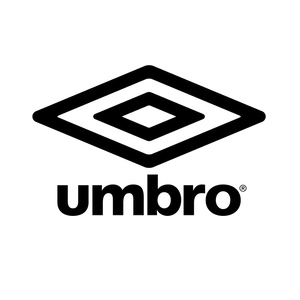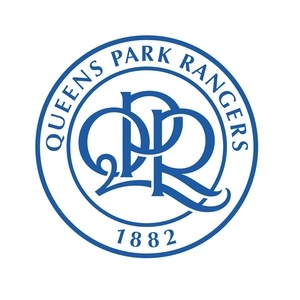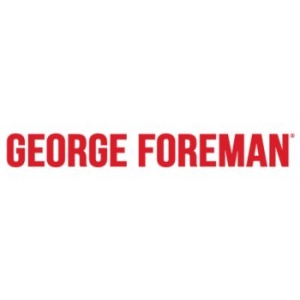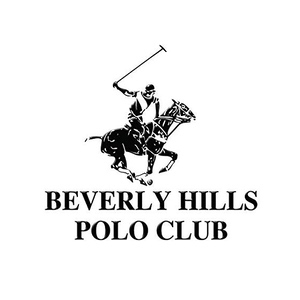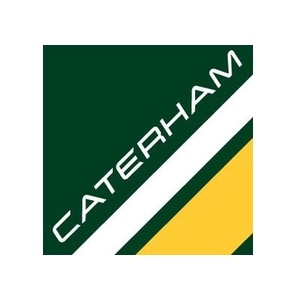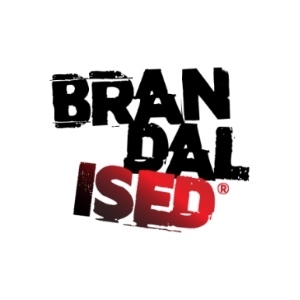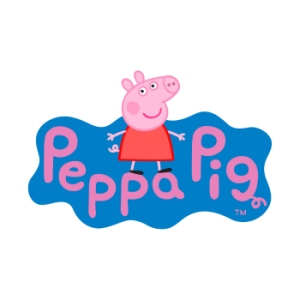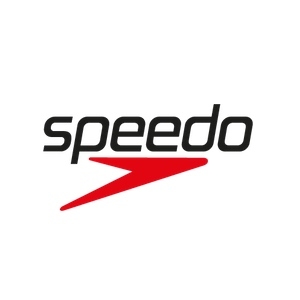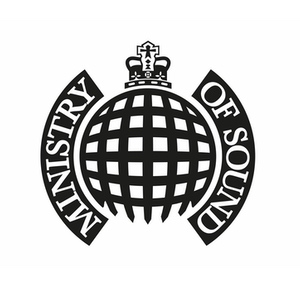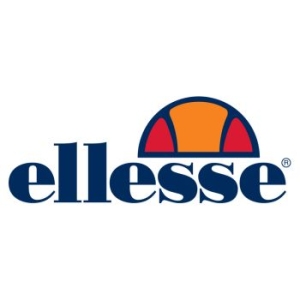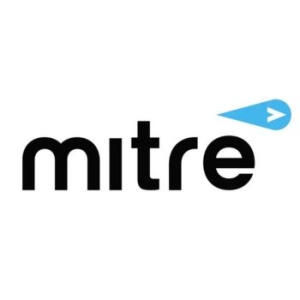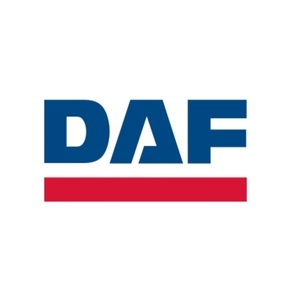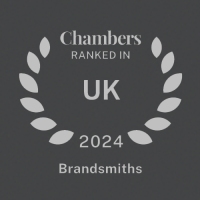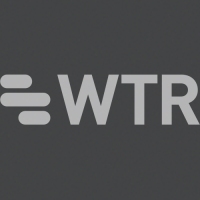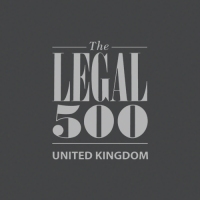Search-a-brandPowered by BRANDSMITHS
Search-a-brand assists you in researching, choosing and building a brand for your company, service or product. Try it out and search with the intended name!

EUROPEAN SUPER LEAGUE V UEFA
Author: Maxime Van Den Djissel
The European Court of Justice Steps In – AG Rantos’ Opinion
In April 2021, 12 of the powerhouse football clubs in Europe formed a Spanish limited liability company named the European Super League (“ESL”) Company. The intention of the ESL Company was clear – create a breakaway European football competition predominantly featuring the top European football clubs (with the likes of Real Madrid, FC Barcelona, Liverpool FC, Manchester City, Juventus FC, Inter Milan set to be allocated permanent spots in the competition). Similarly, aside from its commercial underpinnings, the sporting objectives of the ESL appeared pure, endeavouring to improve the “quality and intensity of existing European competitions throughout each season” by “creating a format for top clubs and player to compete on a regular basis”.
And yet, the ESL project was almost immediately fraught with opposition from clubs, supporters, federations, and leagues alike. Although perhaps most importantly, from FIFA and UEFA (the two primary governing bodies over European football) who were quick to dismiss the project altogether releasing emphatic statements calling the ESL “a spit in the face of all football lovers in our society”, and further announcing that anyone playing in the ESL would be banned from participating in other international tournaments like the Euros and the FIFA World Cup. The declarations from FIFA and UEFA quickly brought the ESL project to stifling halt – with the ESL Company launching legal proceedings against both FIFA and UEFA.
The Legal Proceedings Against FIFA and UEFA
With the knowledge that FIFA and UEFA would not recognize the ESL project as a new competition and would instead target its participants with bans from participating in further competitions – the ESL started proceedings before the Spanish national courts. In these proceedings the ESL Company claims that the monopoly exercised by FIFA and UEFA in relation to the organization and management of national and international competitions, together with the sanctions announced by FIFA and UEFA prevents free and fair competition to exist in the market of sports competitions and would therefore be contrary to EU competition law.
Given that these proceedings involved a number of complex questions on the interpretation of EU competition law – the Spanish national courts opted to refer a number of questions to the European Court of Justice (“ECJ”) for preliminary ruling. These questions can be broadly summarized as the following:
1. Does the fact that FIFA and UEFA have prior authorization requirements for the recognition of competitions held by private entities (specifically where these authorization requirements are not based on a regulated procedure based on objective criteria) constitute either an abuse of their dominant position or a cartelization in a manner that is contrary to EU competition law (notably Article 101 and 102 of the Treaty on the Functioning of the European Union)?
2. Similarly, whether the imposition of sanctions against players for participating in unauthorized competitions constitutes an undue violation of EU competition law?
3. Finally, can the above mentioned restrictions benefit from the exceptions provided by EU competition law or by any objective justifications.
As it stands, the ECJ has yet to deliver its final decision – however on 15 December 2022, ECJ Advocate General (“AG”) Rantos delivered his opinion. It must be noted that while AG opinions are not binding, they do hold persuasive value and ECJ judges tend to follow the conclusions quite closely.
In short, the AG determined that the ESL Company is free to set up its own independent football competition outside of the FIFA and UEFA ecosystem, however, it cannot in parallel with the creation of such competition continue to participate in national and international competitions organized by FIFA and UEFA without their prior approval. It was deemed that any restrictive effects (on competition within the EU internal market) arising from FIFA and UEFA’s scheme are inherent in and proportionate to achieving legitimate objectives related to the specific nature of sport.
The Rationale Behind AG Rantos’ Opinion: Specificity of Sport and EU Competition Law
The fundamental premise of EU competition law is to ensure the proper functioning of the EU’s internal market, further maximizing consumer welfare by ensuring competing entities operate independently and monopolies do not abuse their market position. As sporting bodies are often non-profit organizations, on the face of it would appear they have no relation to EU competition law – however, give the boom of economic and commercial activities which these sporting bodies tend to regulate, their decisions now have a direct impact on both consumer welfare and the internal market. Thus, bringing them well within the confines of EU competition law.
There is however, a second factor to consider and that is the specific nature under which sport functions. To ensure the proper organization and functioning of sport (and in this instance football), governing sporting bodies are required to have a level of overarching control to ensure uniformity amongst its members (players, clubs and national associations included). This may require making decisions which on their face could be considered anti-competitive. However, in order to allow the proper functioning of sport, the ECJ has long recognized that these decisions will not be considered contrary to EU law provided that they are both inherent and proportionate to the legitimate objectives pursued by sporting bodies.
This brings us to the final factor in relation to the specificity of sport– notably, the specific nature of the “European Sports Model”. European football functions primarily on a pyramidal structure, creating an open system with amateur football at its base and professional football at its peak. Built into all levels of this pyramid is the notion of solidarity. Whereby different revenue streams (from solidarity payments on player transfers, to funding of grassroots football, to the distribution of media rights) are distributed across all levels of this pyramid in order to develop football across the board. Ultimately, this pyramidal structure is safeguarded by sports governing bodies like FIFA and UEFA - who implement regulations to ensure its proper functioning. It should be noted that, third party break away competitions particularly involving clubs at the top end of the pyramidal structure – will inherently have an impact on the open nature (namely the relegation/promotion systems) and solidarity mechanisms which form intrinsic components of the European Sports Model. Maintaining the European Sports Model is a legitimate objective recognized by the ECJ. As a result, whilst these regulations and prior approval schemes maintained by FIFA and UEFA may have anti-competitive elements – they can also be exempted on the basis of their pursuit of the legitimate objective, provided that they are both inherent and proportionate to the aims they tend to achieve.
Conclusions
Whilst the AG Opinion is not binding – it does provide a fairly clear indication of the importance of maintaining the European Sports Model and the legitimate objectives pursued by sport’s governing bodies. The Opinion does not however, shut down the prospects of the ESL altogether. Instead, it grants private entities the freedom to set up any third-party competitions they wish – whilst allowing sports governing bodies like UEFA to implement certain restrictions (like prior approval mechanisms) in order to achieve the legitimate objectives required by the specific nature of sport.
In the end – this puts the ball back in the court of the ESL Company’s members – is it worth the risk of being shut out of FIFA and UEFA’s national and international competitions in favour of developing your own third-party competition?
Brandsmiths is a trading name of Brandsmiths S.L. Limited which is authorised by the Solicitors Regulatory Authority, SRA No: 620298. Founding Partner: Adam Morallee
Privacy and Cookie Policy | Terms and Conditions | Complaint Procedure | Site by: Elate Global







